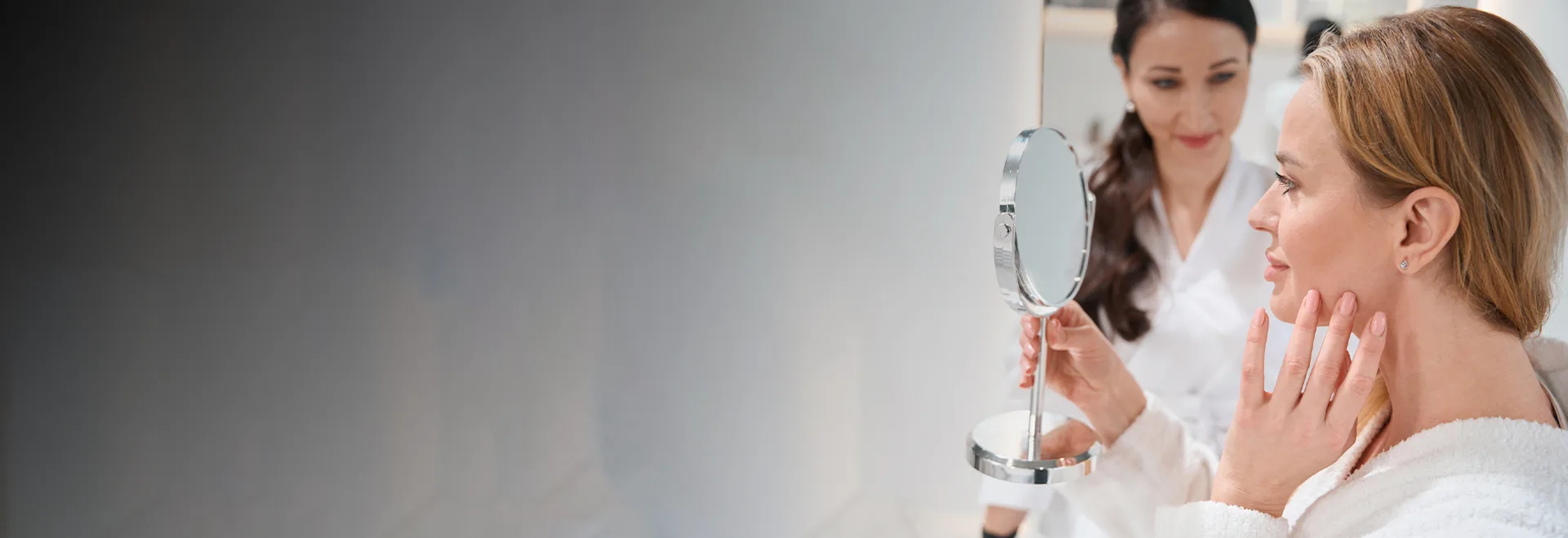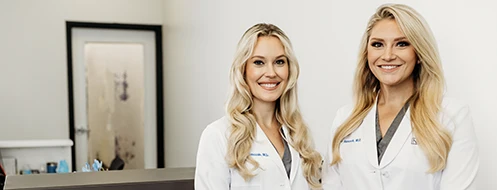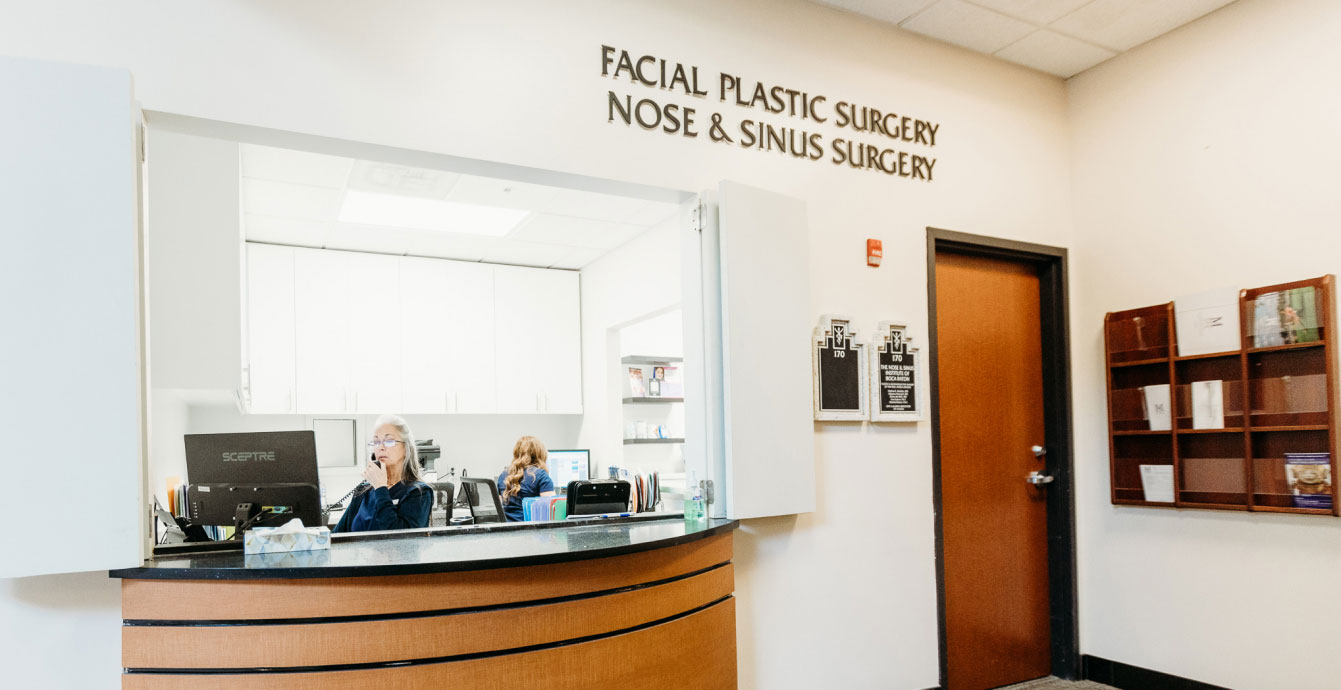

A Detailed Recovery Timeline

Dr. Hancock · December 11, 2024
Posted In: Rhinoplasty
One of the most common questions from our patients at the Facial Surgery Institute of Boca Raton is, "How long does it take to recover from a rhinoplasty?" The answer isn’t black and white because rhinoplasty recovery time is a unique journey for each person. But it’s a universal truth that understanding the recovery process will help you prepare and give you peace of mind as you undergo this transition.Typically, patients recover fully from their rhinoplasty in four to six months even though final results are often only seen at the one-year mark post-surgery.
Consider splitting this sentence for better flow: “After your rhinoplasty, you’ll experience swelling, bruising, and discomfort. These symptoms will gradually decrease over the next few weeks. Following post-operative instructions will make your recovery as smooth as possible.
After your surgery, we’ll get you comfortable and review your aftercare instructions before you go home to rest and recover.
Immediately after surgery, we’ll apply a splint to protect your nose, maintain the proper position, and reduce swelling. Sleep with your head elevated and apply cold compresses to your face (not your nose) to minimize discomfort. Take pain medications as prescribed by your surgeon.
The initial swelling and bruising will begin to go down. If not, continue to sleep with your head elevated, ice your face, and consider decreasing your sodium intake. Prioritize rest and avoid physical activity.
Your sutures and splints will likely be removed by the second week. Your nose and eyes will be swollen. Don’t panic – your nose will not be settled into its new shape yet!
Light exercise is okay at this point. Avoid strenuous exercise and wearing glasses.
Your swelling will continue to decrease, and the bruising will fade. Your nose will get closer to its final shape. It’s normal to experience congestion, numbness, and minor asymmetry.
By month three of your rhinoplasty recovery time, you’ll likely be able to resume weight-bearing exercise. Avoiding sun exposure or wear sunblock.
Your nose will continue to refine over the following months, and you’ll likely experience the final result of your rhinoplasty. If you have concerns with the outcome, talk to your surgeon about touch-up procedures or other interventions.
Healing is gradual, so be gentle with yourself as you undergo this transition.
A closed rhinoplasty is less invasive and has a shorter recovery time than an open rhinoplasty. The surgical technique utilized by your surgeon, age, skin type, and overall health will also impact your recovery.
For optimal healing, follow your surgeon’s aftercare instructions.
This is a massive change, so avoid setting unrealistic expectations! Do your best to stay optimistic during recovery – do things you enjoy and focus on the positives. For a smooth recovery, it’s best to:
The recovery process can be overwhelming, so having a solid support system or working with a mental health professional can be super helpful. Contact your surgeon if you experience:
As you undergo the rhinoplasty recovery process, you’ll slowly see a decrease in swelling, and your beautiful nose will take its shape. Follow your surgeon’s instructions to support your healing. Be patient, and don’t be afraid to ask questions!
We’d love to hear about your rhinoplasty recovery journey. And if you’re ready to enhance your facial profile with a rhinoplasty, give us a call to schedule a consultation with Dr. Hancock or Dr. Klimczak in Boca Raton, Florida!

Written by Facial Surgery Institute of Boca Raton Medical Experts
